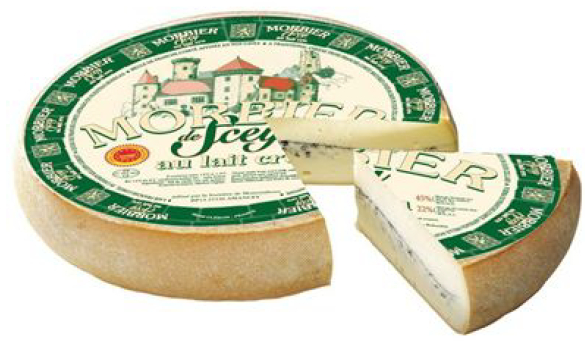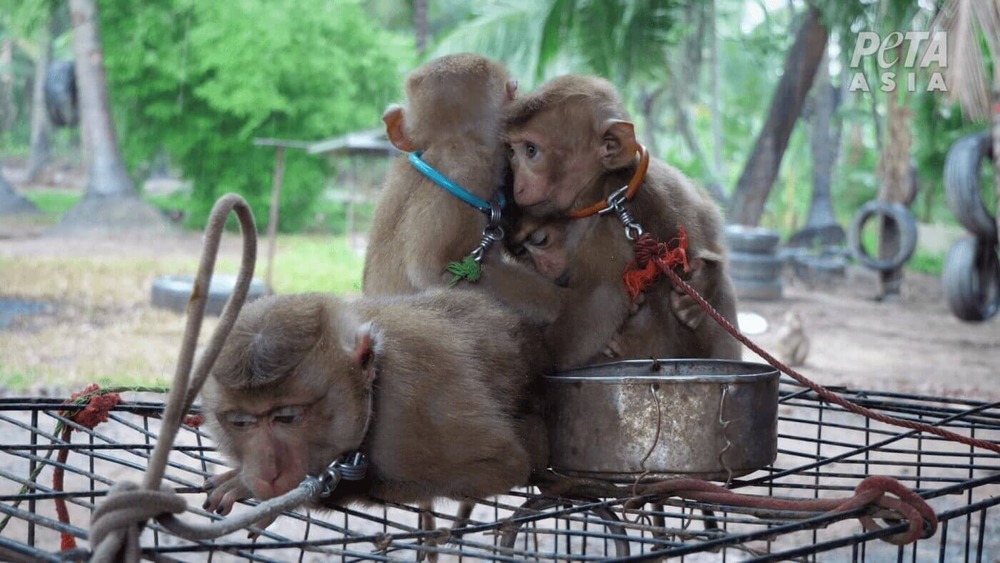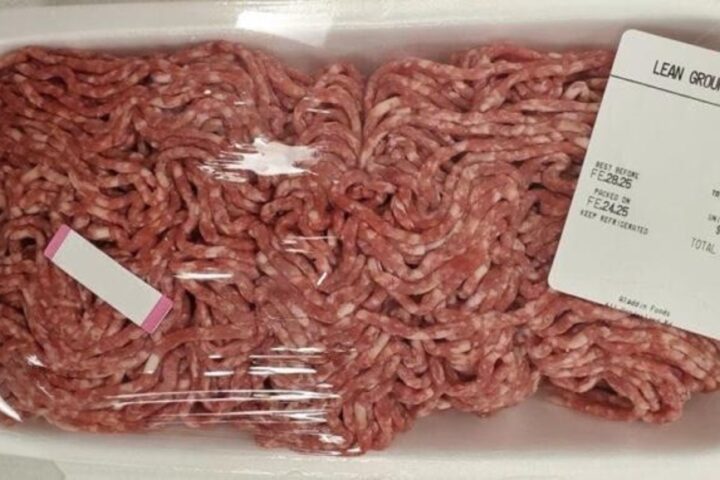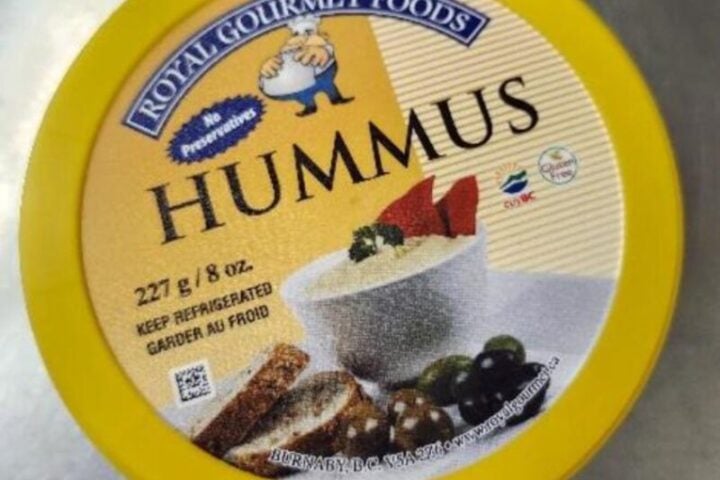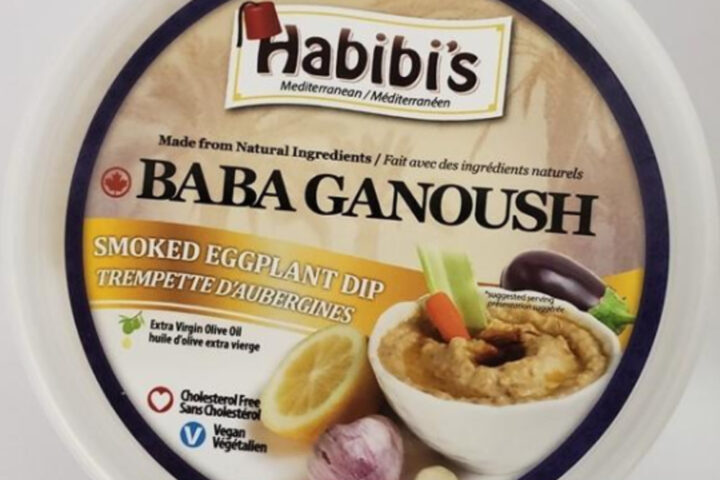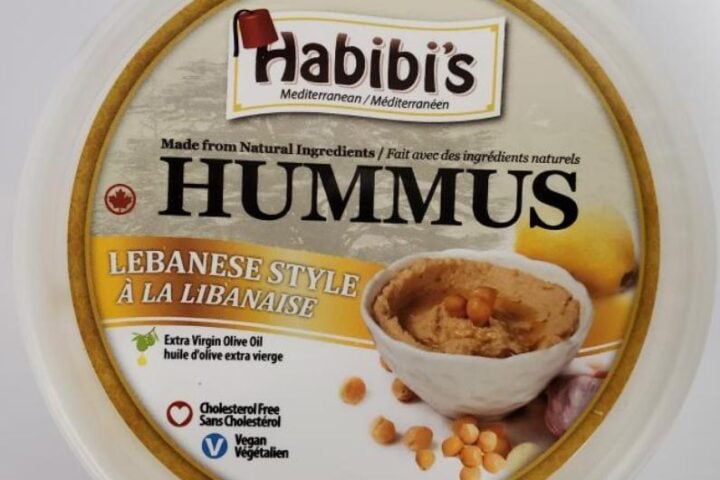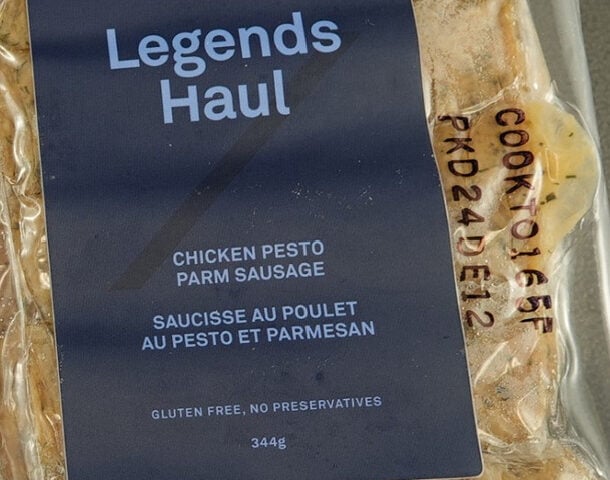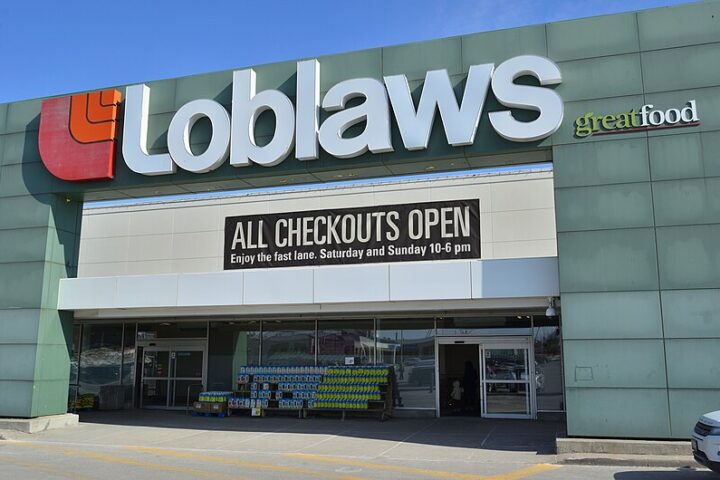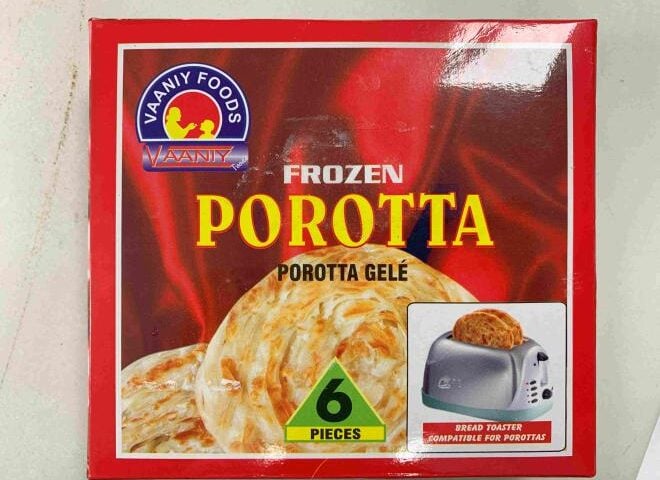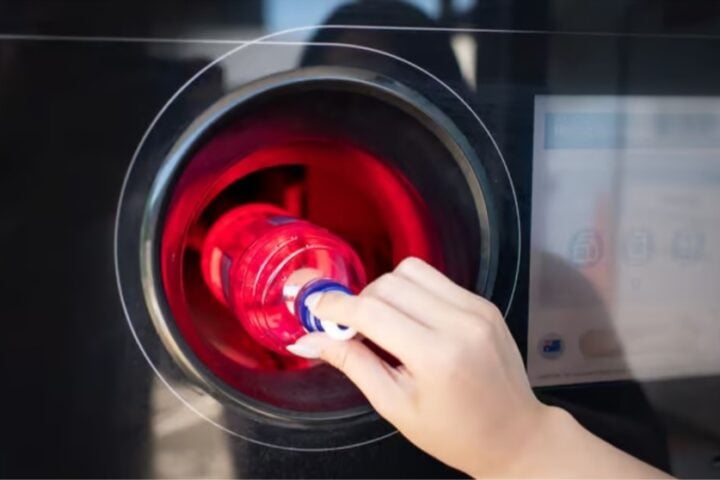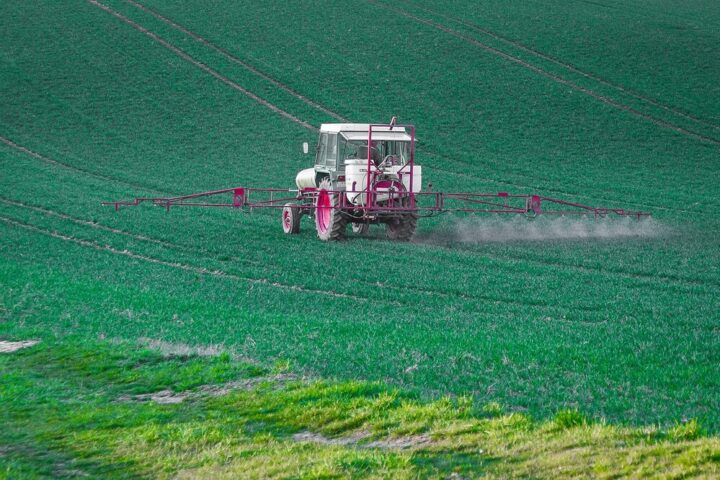E. coli contamination has led to a recall of Jean Perrin’s Morbier de Scey and Raclette de Scey cheeses across Canada. The Canadian Food Inspection Agency warns these cheeses might contain pathogenic E. coli, bacteria that can cause serious illness.
“Food contaminated with E. coli may not look or smell spoiled but can still make you sick,” states the CFIA in their official notice. This means shoppers can’t rely on appearance or smell to know if the cheese is safe to eat.
The recall affects cheese sold in Alberta, British Columbia, Manitoba, and Quebec, but could reach other areas too. What makes this recall challenging is that some retailers sold these products in smaller packages with or without labels. This means shoppers might have bought the affected cheese without knowing its brand name.
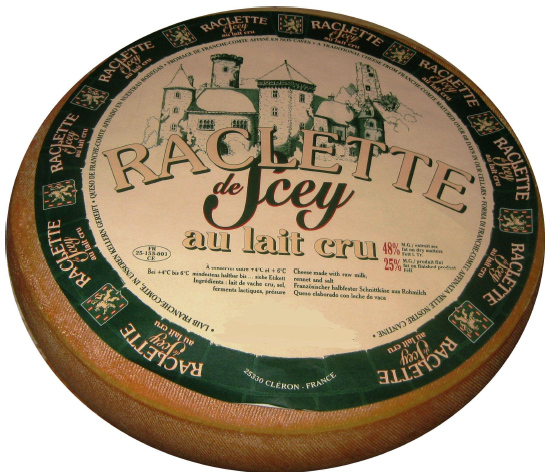
To know if you have the recalled cheese, check these details:
- Morbier de Scey: Look for lot number 35112, expires June 3, 2025
- Raclette de Scey: Look for lot number 35511, expires October 3, 2025
The health risks are serious. “In severe cases of illness, some people may have seizures or strokes, need blood transfusions and kidney dialysis or live with permanent kidney damage,” the CFIA reports. The most common warning signs include stomach cramps, diarrhea that may contain blood, and vomiting.
Similar Posts:
Doctors are especially concerned about young children, elderly people, and those with weak immune systems. About 5 to 10 percent of people who get sick from E. coli develop a serious kidney problem called HUS, which can be life-threatening.
The recall started after another country found problems with these cheeses, though officials haven’t named which country. So far, no illnesses have been confirmed in Canada related to these products.
If you bought any cheese that might be part of this recall, the CFIA says to either throw it away or take it back to the store where you bought it. If you’re not sure about cheese you purchased, call the store to check.

“Consumers who are unsure if they have purchased the recalled products are advised to contact their retailer,” the CFIA emphasizes. This is especially important since some of the cheese was sold without its original packaging.
Anyone who ate these cheeses and feels sick should see a doctor right away. Make sure to tell the doctor you might have eaten recalled cheese, as this helps them run the right tests.
The CFIA is monitoring the situation and has instructed retailers not to sell the recalled products. This rapid response shows how food safety systems work to protect public health when contamination risks are identified.
